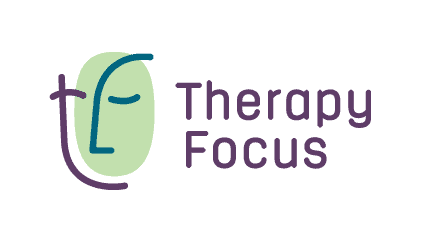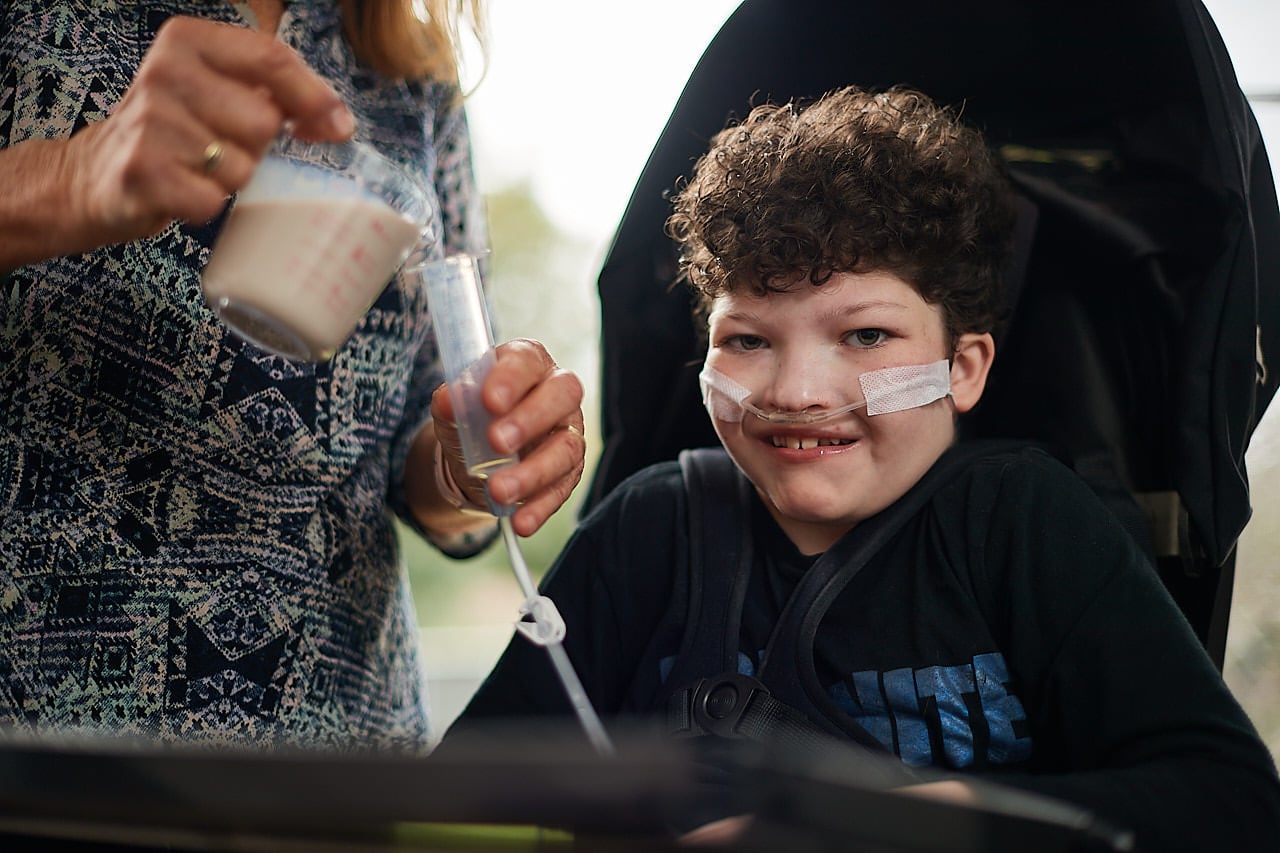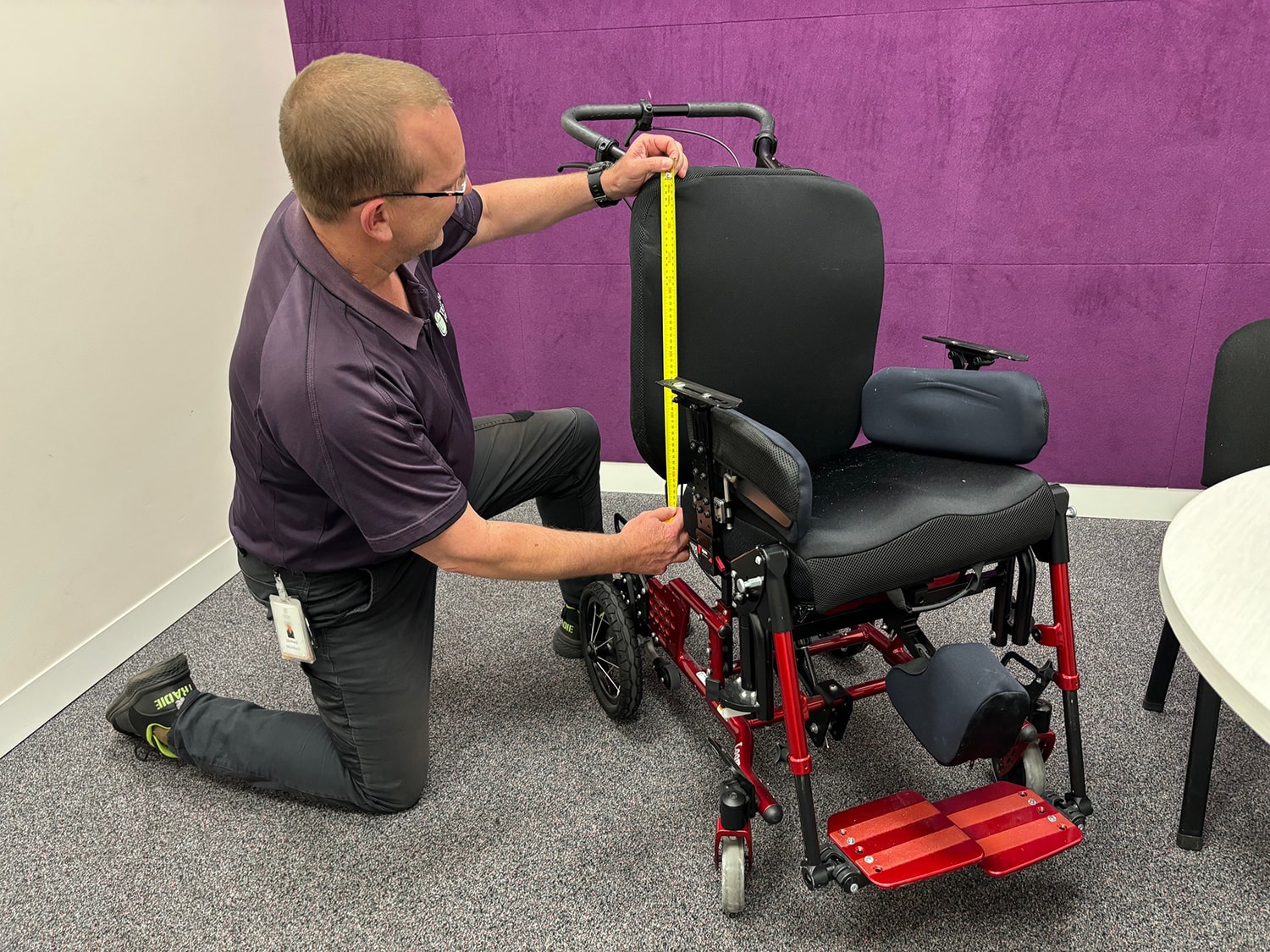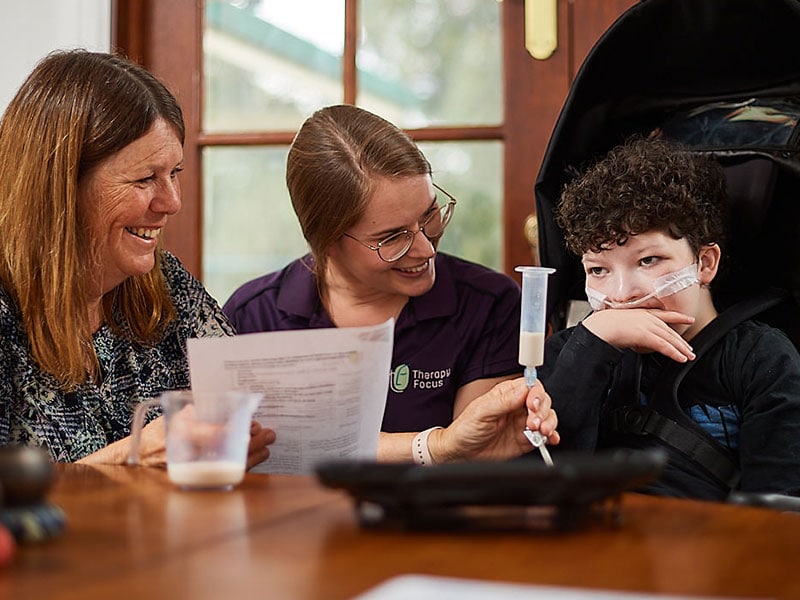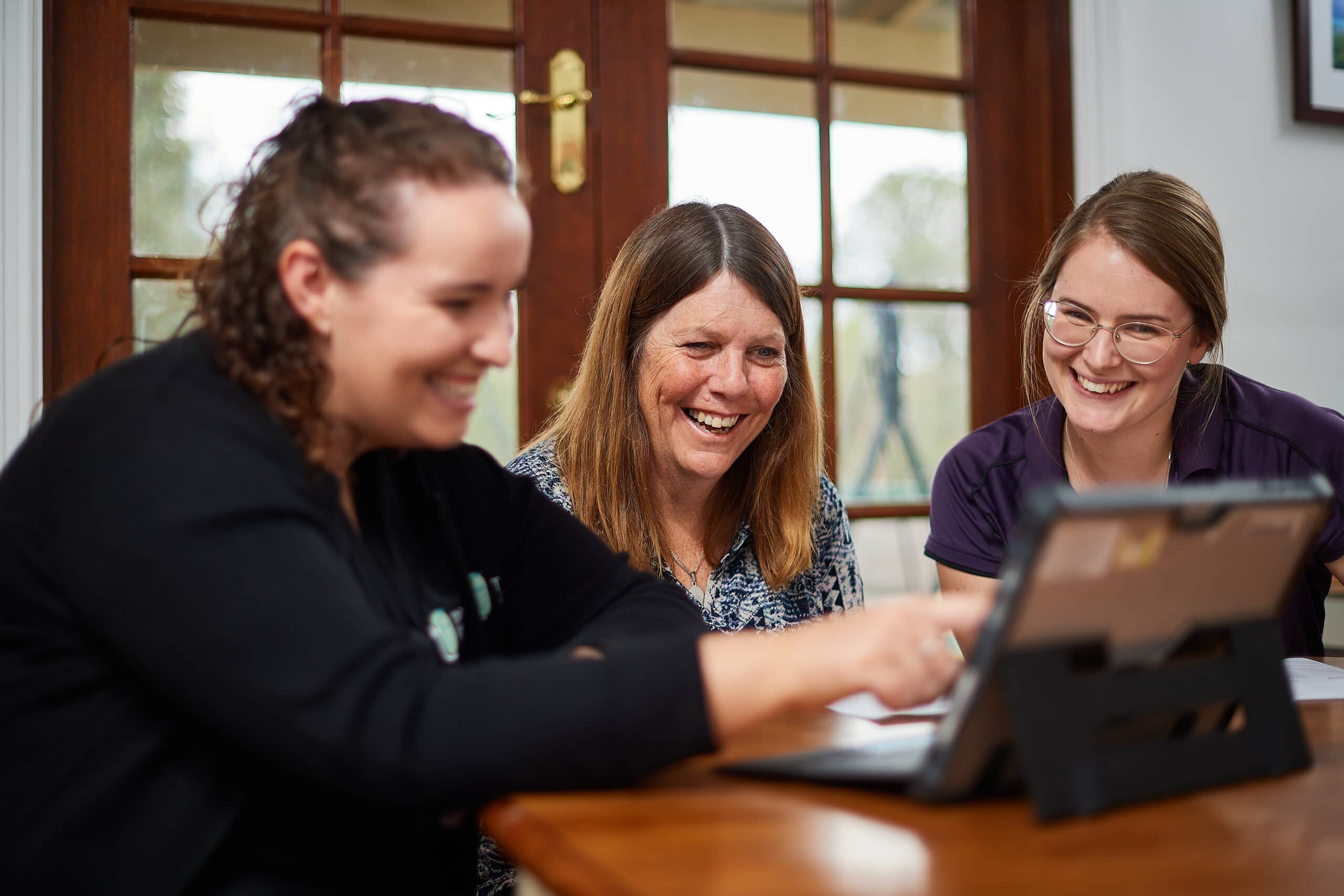What is anxiety?
Have you ever had that uneasy feeling in your body before an exam, or before an everyday situation such as meeting a friend for lunch? That feeling could be anxiety.
Anxiety is our body’s natural response to something we perceive as dangerous. Feeling anxious is a normal part of life and something that everyone experiences at some point. Mild levels of anxiety can even be beneficial in some situations by alerting us to potential dangers. However, when the anxious feeling becomes too intense and/or doesn’t go away, it can affect our ability to complete day-to-day tasks such as school, work, or household responsibilities.
Anxiety Disorders
People with Anxiety Disorders typically experience frequent, intense, excessive, and persistent worry about everyday experiences or something specific such as social situations or a person, place or object. The anxiety they experience impacts their quality of life, affecting social interactions, engagement in activities or even leaving the house. What makes one person feel anxious can be completely different to what makes another person feel anxious.
When someone has an anxiety disorder, they can’t “snap out of it” or just “think differently”. Anxiety disorders stem from a combination of factors involving genetics and environmental stressors such as parenting styles, traumatic events, or early childhood experiences. Individuals with anxiety disorders can manage and sometimes overcome anxiety with the right supports and strategies.
Symptoms of Anxiety
Anxiety has several common characteristics.
- Physical changes: increased heart rate, increased perspiration (sweating), shallow breathing, butterflies, or an uncomfortable feeling in the stomach, headaches, nausea, skin tingling, restless legs/trembling, difficulty speaking.
- Thought changes: racing thoughts, difficulties with concentration, obsessive thoughts about worries.
- Emotional changes: increased feelings of worry and fear. Irritability in children, frustration, feelings of despair or impatience.
- Behaviour changes: “Fight or flight”; a reaction to support the body to keep itself safe. We may act like this when we feel anxious, and it could lead to excessive avoidance or refusal to go to certain places or do things. “Freeze mode”; we may not be able to focus and take in information, and others might see us “shut down” (unable to communicate, not able to do things).
Managing anxiety
People can experience anxiety in different ways. Support from a Psychologist or counsellor is recommended as they can tailor their interventions to you specifically. It is important to find the right approach for each individual person; however, these general strategies can also be practised regularly to reduce the impact of anxiety.
When a person is under stress, their breathing pattern changes. Typically, an anxious person takes small, shallow breaths, using their shoulders rather than their diaphragm (the muscle at the base of the chest) to move air in and out of their lungs. This breathing style can make feelings of anxiety last longer by making the physical symptoms of stress worse. Controlling your breathing can help to improve some of these symptoms. Try counting to three as you breathe in slowly – then count to four as you breathe out slowly. Controlled breathing helps slow down the physical changes in the body that result from anxiety, and in turn, helps reduce anxiety.
Close your eyes and slowly tense and then relax each of the muscles from your toes to your head. Hold the tension for three seconds and then release. This can help reduce the feelings of muscle tension that often comes with anxiety. Many online videos can talk you through this.
Keeping active, eating well, going out into nature, spending time with family and friends, reducing stress, and doing the activities you enjoy are all effective ways to reduce anxiety and improve your wellbeing.
Be mindful of caffeine or stimulant intake throughout the day, as this can increase feelings of anxiety and physical symptoms of anxiety.
Avoiding what makes you anxious provides some relief in the short term but can make you more anxious in the long term. Take small steps to address your fears in a manageable way for you. This will help create a feeling of control over anxiety.
Our thoughts impact how we feel. Anxiety attempts to overestimate danger and underestimate your ability to navigate this situation. Look at the facts for and against your thought being true.
Talking with others who also experience anxiety – or are going through something similar – can help with feeling isolated or lonely. Visiting online forums such as Beyond Blue or Headspace can help.
What advice would you give to a friend in this situation? Generally, we give kind and thoughtful advice to others but can be very negative toward ourselves. Find ways to be kinder to yourself and practice daily self-care.
How can I help someone with anxiety?
How you support someone with anxiety will differ depending on multiple factors such as their specific symptoms, age, and personal circumstances. These are some general ways you can help support someone who has anxiety:
- Encourage them to write down their worries, if they can, or to talk with someone they trust.
- Make sure to validate their concerns and listen empathetically. When you are speaking about sensitive topics such as mental health, the last thing you want is someone to dismiss your concerns.
- Support them to think about times when they were able to do something that they felt anxious about. Ask them what would help them to do that again.
- Encourage problem-solving and a growth mindset, especially in kids. A growth mindset is a belief that a person’s abilities can be improved over time. This mindset can help them see anxiety as something that they can get better at managing with practice.
- Encourage them to seek support from a Psychologist or Counsellor. The most common and evidence-based approach to managing anxiety is Cognitive Behaviour Therapy (CBT). CBT is a talk-based therapy stemming from the idea that how you think, and act affects how you feel. Other evidence-based therapy interventions are available as well and its use will depend on the training a particular clinician has completed.
Our Psychology Services
At Therapy Focus, our qualified psychologists support people who experience social, emotional, and mental health difficulties. They help people understand the issues and challenges they are facing and then provide strategies and interventions to help overcome them.
Our psychology services are available to people of all ages and abilities. Our clinicians have extensive experience working with people with and without disability. We can support people who are Autistic and people with intellectual, neurological, and physical disabilities, as well as developmental delays. Services are provided in various clinics around Western Australia, in schools, or online via teletherapy.
Specialist Psychology Services
Learn more about our psychology services or apply for services online.
